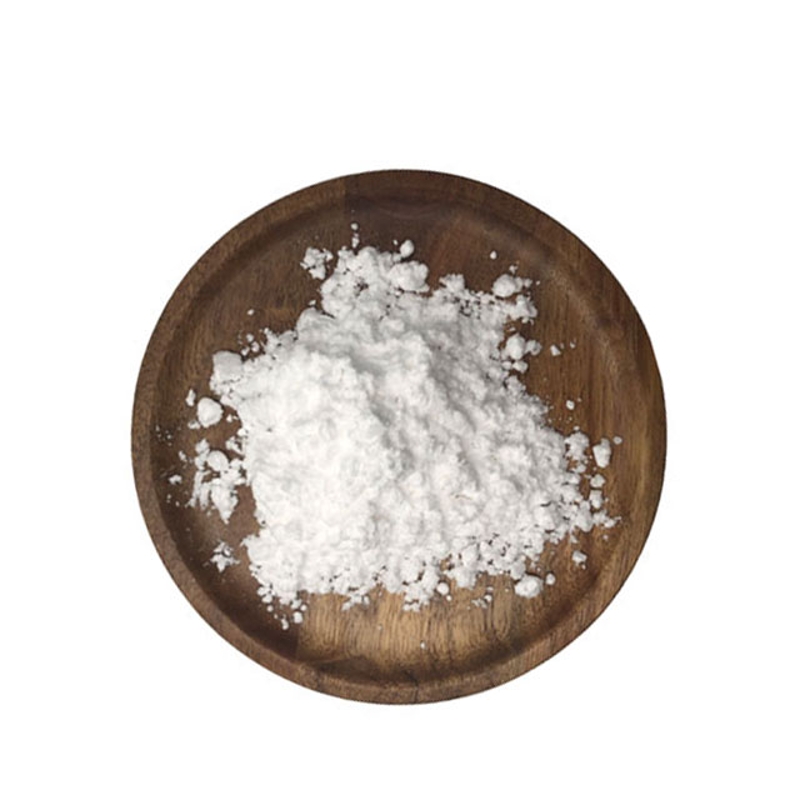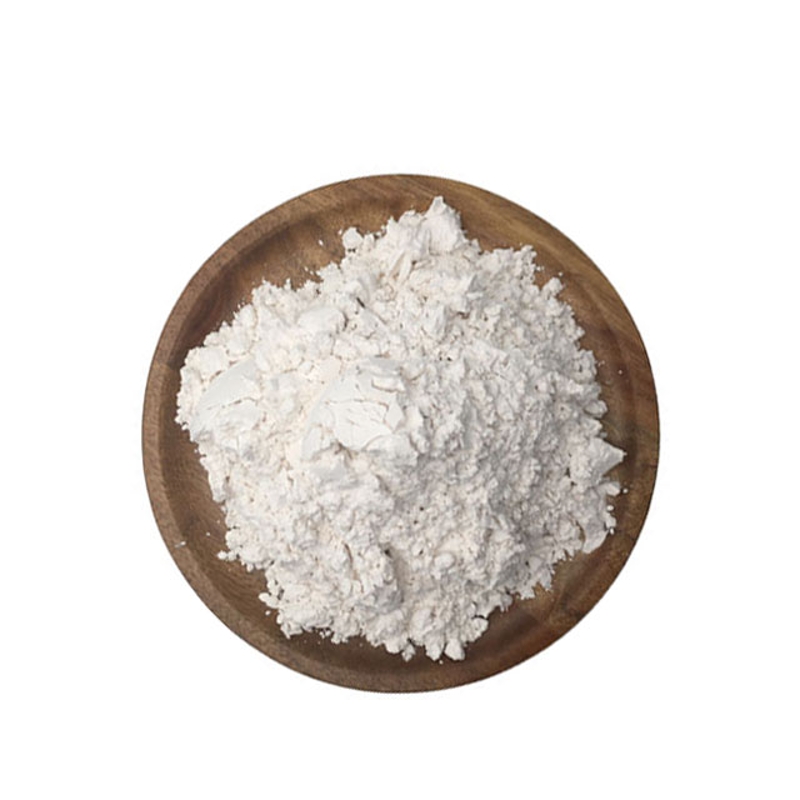-
Categories
-
Pharmaceutical Intermediates
-
Active Pharmaceutical Ingredients
-
Food Additives
- Industrial Coatings
- Agrochemicals
- Dyes and Pigments
- Surfactant
- Flavors and Fragrances
- Chemical Reagents
- Catalyst and Auxiliary
- Natural Products
- Inorganic Chemistry
-
Organic Chemistry
-
Biochemical Engineering
- Analytical Chemistry
- Cosmetic Ingredient
-
Pharmaceutical Intermediates
Promotion
ECHEMI Mall
Wholesale
Weekly Price
Exhibition
News
-
Trade Service
MYC, as the most specific primary cancer gene, abnormally activates the MYC gene in about 40% of human cancers, chromosomal susceptible, gene amplification, and upstream carcinogenic signals.
its product, c-Myc, is a transcription factor that regulates thousands of genes involved in a variety of cellular functions, including cell survival and proliferation.
Previous studies have shown that the protocancer protein c-Myc and tumor suppressor p53 are inextricable relationships in regulating normal cell survival and proliferation, and that their function also maintains a steady state of tissue: c-Myc can induce The expression of ARF tumor inhibitors, which then bind and inhibit the expression of MDM2, eventually causes the activation of p53, which inhibits c-Myc through a variety of mechanisms, including transcriptional inactivation and microRNA-mediated inhibition.
, however, there is no mutual regulation between c-Myc and p53 in cancer cells, and this can also be seen by the imbalance in the expression of c-Myc in wild p53.
c-Myc activates pan-cancer lncRNA MILIP inhibition p53 Although p53 inhibition in cancer cells is usually associated with the absence of ARF, researchers have found another mechanism, c-Myc, that can inactivate p53 by the c-Myc-induced long non-coding RNA inactivated P53 (lncRNA MILIP).
MILIP can reduce the class ubiture modification of p53 by suppressing the expression of TRIML2, thus promoting the polypronination and transformation of p53.
miLIP expression was observed in a variety of cancer types and was found to contribute to cell survival, division and tumor-causedness.
miLIP promotes the development of cancer, the results reveal the mechanisms associated with c-Myc and p53 inhibition, the signaling path path through the pan-cancer-expressed lncRNA target suppression of p53.
.







